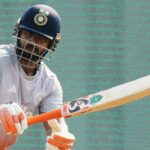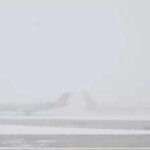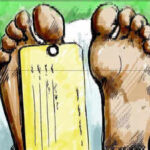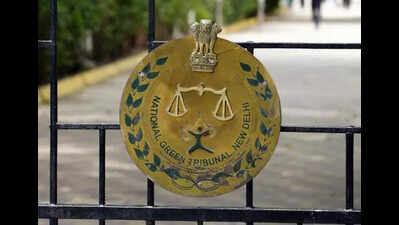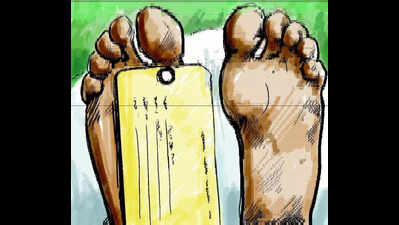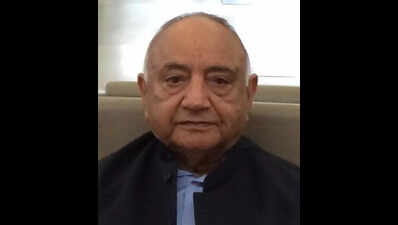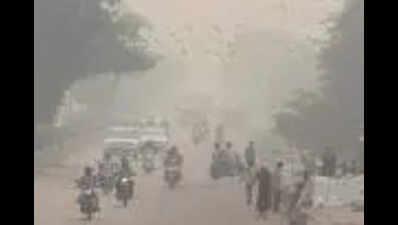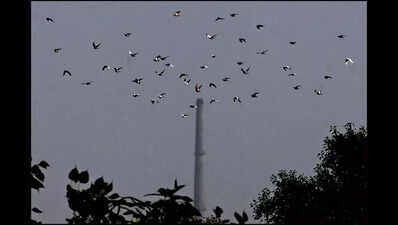New Delhi: Out of 20 random samples collected from tap water of 20 houses in Janakpuri’s A1 block, Central Pollution Control Board (CPCB) found total coliform and E. coli in six samples, indicating faecal contamination. According to the standard, total coliform and E. coli should be nil in drinking water.CPCB analysed the water samples following the order of National Green Tribunal (NGT). NGT is hearing a plea based on the grievance of the RWA in A-1 Block, Janakpuri, who claimed that they are not receiving fresh drinking water that meets the requisite norms. RWA claimed that DJB is supplying sewage-mixed drinking water to them. The RWA alleged that the sewage line in the area was blocked, resulting in the corrosion of the pipelines supplying fresh water, and consequently, untreated sewage is getting mixed with the drinking water supplied through the pipelines.In a report dated May 29, which was submitted to NGT, CPCB stated, “Out of the 20 samples of tap water collected from 20 houses in A-1 block Janakpuri, total coliform and E. coli have been detected in six samples. The drinking water standards of the Bureau of Indian Standards prescribe that total coliform and E. coli shall not be detected in drinking water samples.”The report, however, added that total coliform and E. coli were not detected in the two water samples collected from the underground reservoir of the DJB.In the last hearing held on May 14, the bench headed by Justice Prakash Shrivastava said, “Supply of drinking water which is unfit to the residents of the city is a very serious matter, but ignoring such seriousness, the DJB has not taken expeditious action to remediate it, and the CPCB has not done the needful to get the water sample report expeditiously in terms of the previous order of the Tribunal.”The bench directed CPCB to take fresh samples in terms of the directions of the Tribunal contained in the previous order without informing DJB or any other authority and collect samples from 10 earlier locations and 10 new locations, analyse them expeditiously, particularly for faecal coliform and E. coli, and submit the earlier sample as well as the fresh sample report before the next date of hearing.Though DJB claimed that it took corrective action, the tribunal earlier observed that until the water is found to be fit for drinking, it cannot be said that corrective action was taken.

